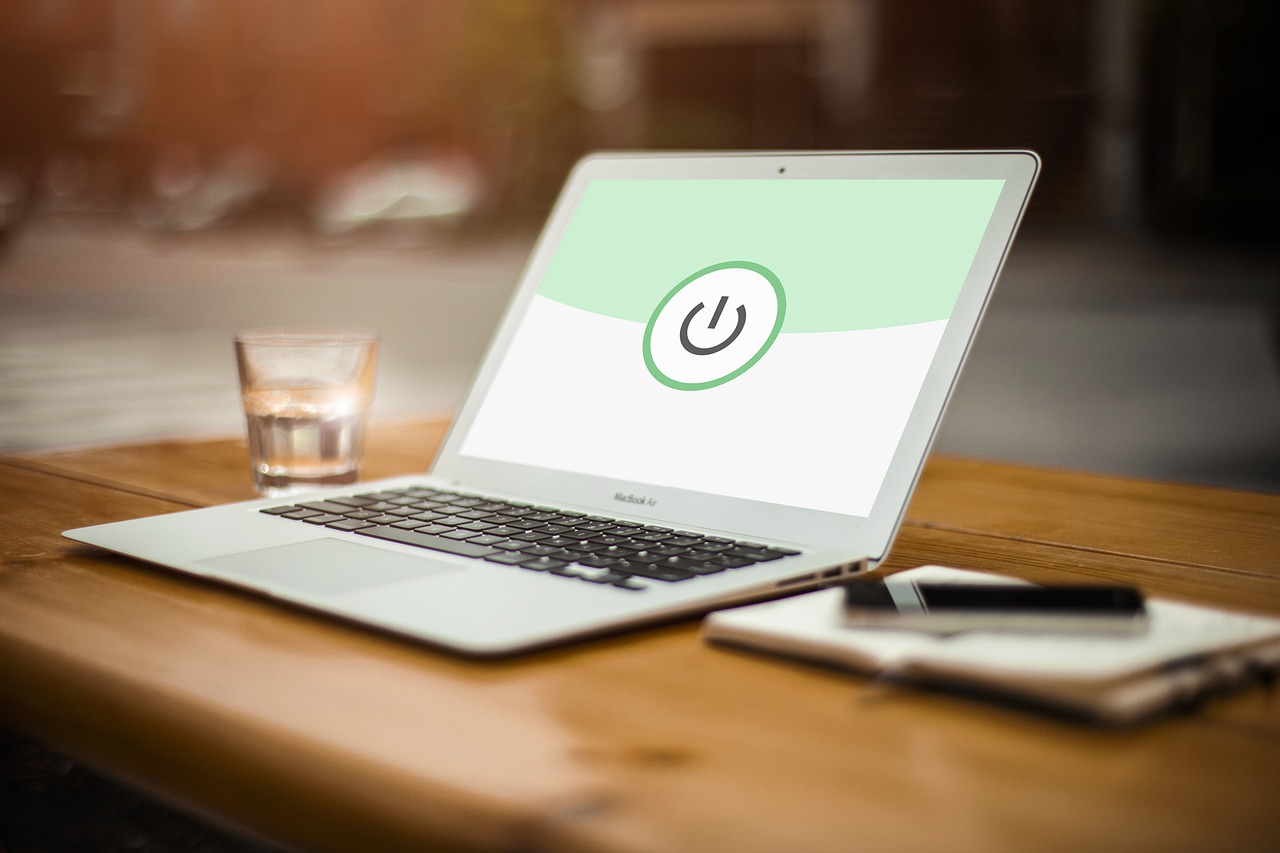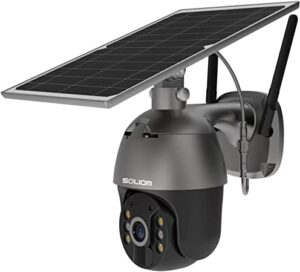We live in a world of wireless connectivity. There are WiFi connections everywhere, from coffee shops to airports and schools. However, not all of these connections are safe for you or your information. In this guide, we will discuss some tips on how to stay secure when using WiFi networks with the goal being to keep your private data and identity as safe as possible.
Always connect to open networks rather than those that request a login:
Open networks mean that there is no password needed before accessing the network whereas those that require a login typically have an authentication process that can be vulnerable if security protocols aren’t met. If you’re at home, try connecting to your unsecured connection first before jumping onto an unknown public one; this way if someone is snooping they’ll have more trouble getting your information.
Protect yourself on public WiFi networks:
Many public WiFi hotspots aren’t secure, which makes them an easy target for hackers to get access to your device and monitor the data you’re sending out. To keep yourself protected when using these types of networks, use a VPN that offers end-to-end encryption between you and the VPN server. This way even if someone is monitoring your WiFi traffic they won’t be able to decode anything meaningful without having access to the private key. Also, make sure this service does not store any logs or user information so it can’t be subpoenaed by law enforcement agencies.
Turn off sharing options when possible:
When sharing files over a network, Windows will often default to sharing your folders and files with other users who may be on the same WiFi Hotspot. Hackers can exploit this behavior by connecting to your PC and downloading these shared files, so if you’re working out of a coffee shop turn off file sharing when possible.
Use HTTPS or encrypted connection whenever possible:
When using services that are not encrypted with HTTPS (Hypertext Transfer Protocol Secure), it’s easy for hackers to monitor traffic between you and the website servers. Once they see how data is sent out they can create a fake site that looks very much like the real one to get private information just by monitoring what you do online. To make sure this doesn’t happen, simply look for HTTPS in the address bar and this will guarantee that your connection is encrypted.
Always make sure to update security patches:
Keeping software up-to-date can be difficult since many updates require a good WiFi connection and data usage, but it’s one of the most important things you can do to prevent hacks and exploits from happening. Many services such as Windows or Mac OSX often have automatic updates which keep your system patched against the latest security holes. Others like Firefox and Chrome benefit greatly from regular manual updates to keep your computer safe at all times.
Make use of Two Factor Authentication:
Other than protecting yourself with secure connections, another way to protect your data when using public or unsecured networks is through two-factor authentication. One example is Google Authenticator which lets you add a layer of protection to your Gmail and other accounts by requiring a code in addition to your password whenever accessing them on a new device or network. This way if someone steals your passwords they would have less access since they only have one factor, whereas with two-factor authentication all they’d have is half of what it takes to gain access to your account
Set up MAC address filtering:
In some cases, wireless routers may allow you to use MAC addresses to restrict certain devices from gaining access. If this feature is present, make sure that only the devices on your home network are allowed while blocking out any unknown ones from being able to connect. The downside here is that a hacker can easily spoof a MAC address to get around this security measure, but it’s still something that can help when your home network is unsecured.
Conclusion:
WiFi security is a major concern for many people, and with good reason. By following the tips we’ve outlined in this article you can make sure your data is protected when using public or unsecured networks. These measures may seem like overkill but they could very well save you from being hacked in the future.






Related Posts
Points To Consider While Securing Your Computer
Introduction to Computer Security
A Comprehensive Guide to Home Security Cameras Systems